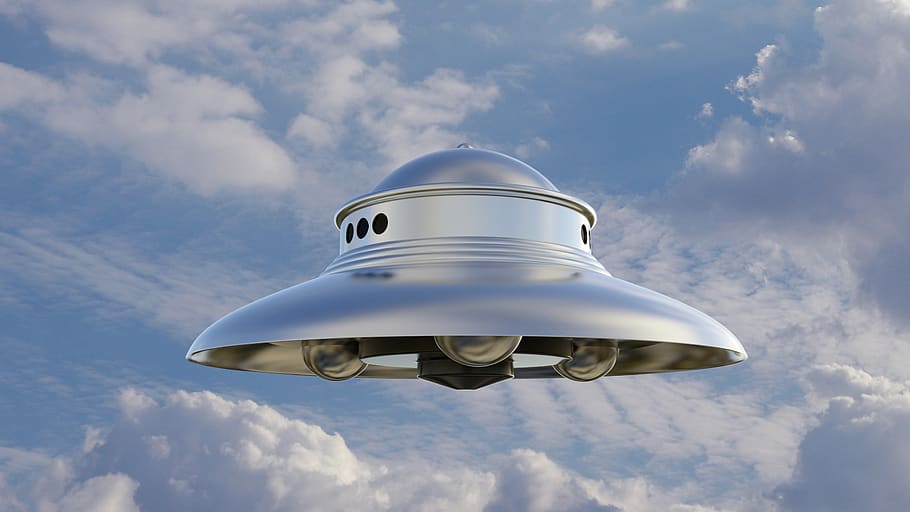Response of Dr. Sean Kirkpatrick to the Testimony of David Grusch
In the world of UFO research and investigation, there are often conflicting statements and opposing viewpoints. That’s evident in the recent disagreement between Dr. Sean Kirkpatrick and David Grusch regarding the existence of a multi-decade program to collect and reverse engineer UFOs. While Kirkpatrick, who heads the AARO program, claims to have seen no evidence of alien visitation, he acknowledges that there are some sightings that cannot be easily explained. On the other hand, Grusch, a whistleblower, asserts that he has heard reports of alien visitation and has spoken with individuals who have first-hand knowledge of crash retrievals.
As an observer, it is difficult for me to choose a side in this debate. Personally, I am inclined to believe Grusch because his statements align with my own research and investigation over the past five decades. However, it is important to recognize that my belief is based on personal preference rather than concrete evidence.
While Kirkpatrick denies the existence of a crash retrieval program, it is worth noting that his lack of knowledge does not necessarily mean the program does not exist. This discrepancy highlights a common occurrence in UFO research – contradictory statements between those who are supposedly “in the loop” and those who are not.
To gain a better understanding of this ongoing debate, it’s helpful to examine historical examples of conflicting statements within the US Government’s involvement in UFO research. In 1948, the Navy and the Air Force conducted an investigation into UFOs. Their report, “Air Intelligence Report No. 100-203-79,” acknowledged that some type of flying objects had been observed, but their origin and identification remained unknown. The report suggested two possibilities – the objects were either domestic devices or of foreign origin, possibly from the Soviet Union. It emphasized the need for collaboration among all agencies to confirm or deny the domestic origin of these objects.
This historical precedent demonstrates that opposing viewpoints and contradictions have been present in UFO research for decades. The same can be seen today with the conflicting statements of Kirkpatrick and Grusch. Both individuals are considered credible, although there is still much we do not know about their sources and the specific cases they refer to.
Some have interpreted Kirkpatrick’s statements as implying that Grusch and the Navy pilots are liars. However, I do not see any evidence to support this claim. Kirkpatrick expressed his displeasure with the recent Congressional hearings featuring Grusch, David Fravor, and Ryan Graves, but it does not necessarily mean he is calling them liars. It’s possible that his frustration stems from concerns about the potential exposure of classified material, which may not solely pertain to UFOs or UAPs.
While Grusch’s testimony was certainly remarkable, it’s important to remember that he primarily relied on information he had been told or heard second-hand. He claimed to have first-hand knowledge but reserved the details for closed sessions. One aspect of his testimony that raised doubts for me was his mention of a crash of an alien craft in Italy in 1933. Colleagues in Italy, including Edordo Russo, have provided evidence debunking this claim as a hoax. Therefore, it seems unlikely that this particular case would have any adverse effects on national security. If Grusch truly had insider information, he would not have been fooled by such a hoax.
In summary, the current debate between Kirkpatrick and Grusch boils down to two entities connected to intelligence and information about UFOs, with differing opinions on the importance and reliability of evidence. Without knowing the sources and specifics of the cases they refer to, it is challenging to draw definitive conclusions about the veracity of the information presented. At present, speculation and infighting within the UFO community are not contributing to a clearer understanding of the truth.
The mainstream media often resort to repeating themselves and speculating when they lack concrete facts or information. Their opinions hold no more weight than those of any other individual without inside knowledge. Calls for transparency in this field have been largely ignored, leaving us without the answers we seek. Patience is necessary, but there is a concern that with the distraction of upcoming elections, interest in solving the UFO puzzle may be pushed to the back burner and eventually forgotten.
To wrap it up, the disagreement between Kirkpatrick and Grusch highlights the ongoing debates and contradictions within UFO research and investigation. It’s important to approach these issues with an open mind and a willingness to ponder all perspectives. Only through transparency and continued investigation can we hope to uncover the truth behind UFO sightings and potential alien visitation.
